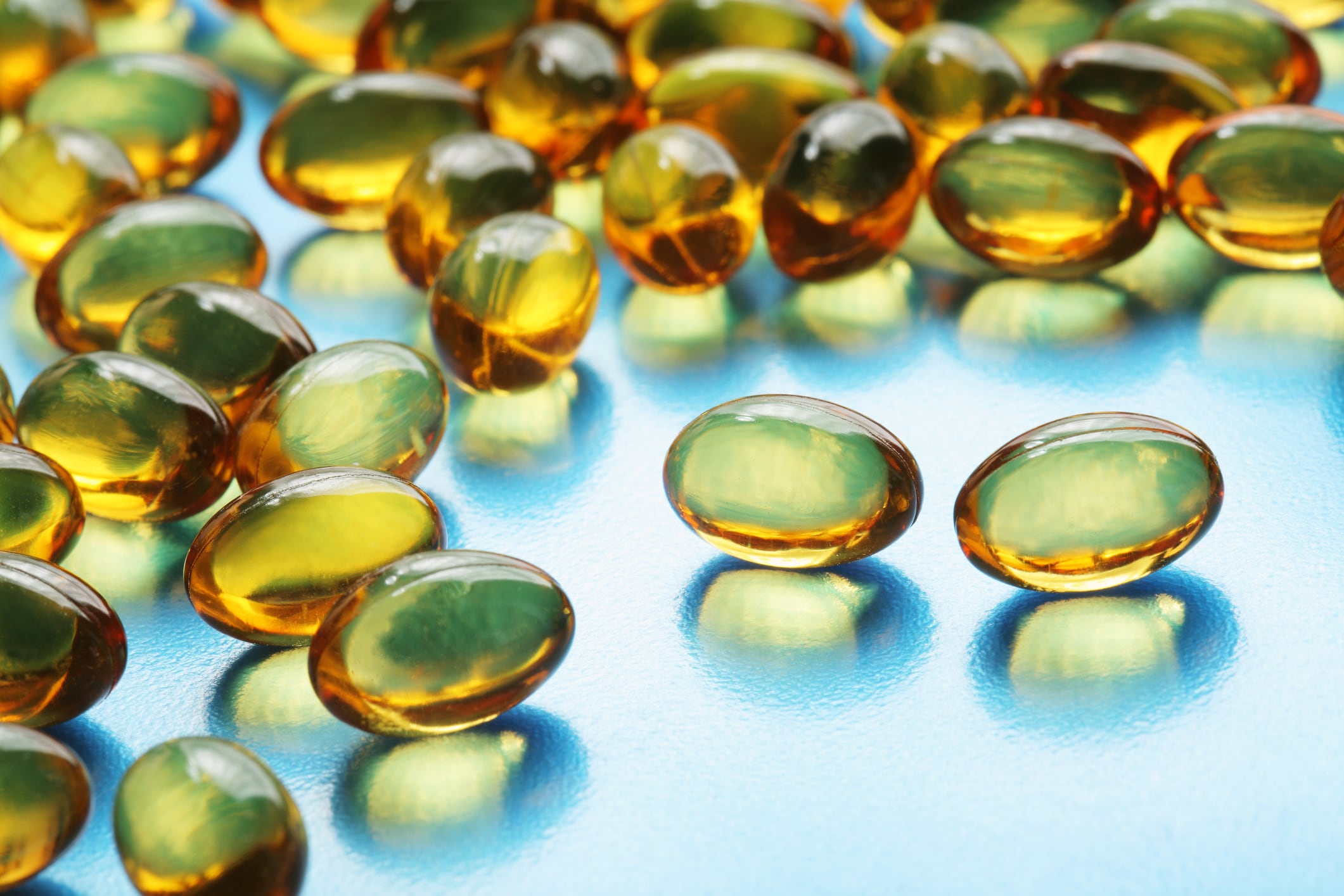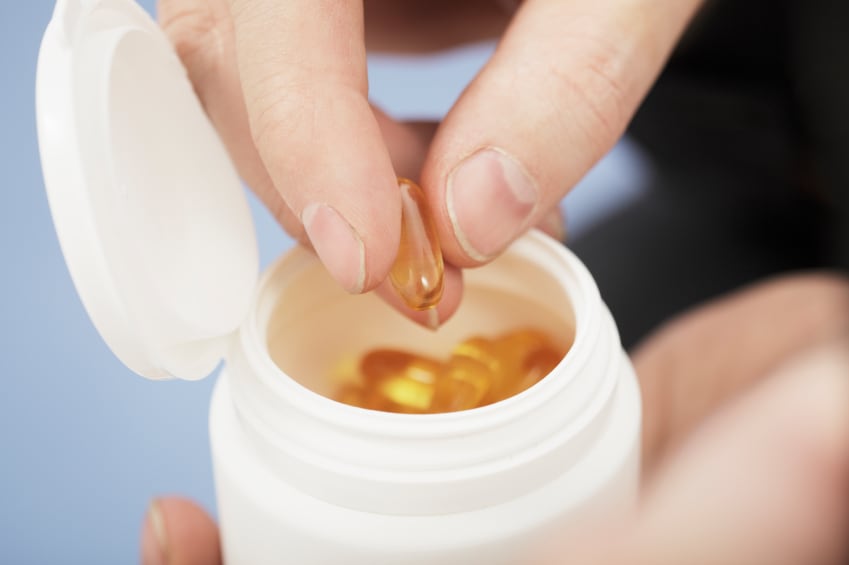US researchers think this approach could solve the ongoing challenge of getting significant amounts of EPA into the brain in order to increase understanding of how EPA works to reduce depression
“In order to do the trials to determine the proper dosage, we need to have a better way of getting it into the brain because you need to consume so much of it,” said Papasani Subbaiah, study author and professor of medicine and biochemistry and molecular genetics in the UIC College of Medicine. “It’s just not practical, at least for human trials,"
While LPC-EPA holds much promise, the industry has taken a number of routes to ensure the human body gets enough long-chain omega-3 fatty acids via a relatively small dose, which stands up to the body’s defence mechanisms such as enzyme degradation and the blood-brain barrier.
One approach is the introduction of high-concentration omega-3 fatty acids. BASF’s Hepaxa, the firm’s highly concentrated EPA and DHA formulation is set to become available in selected European markets in 2019.
‘An arduous dosage regimen’
High-concentration omega-3 formulations, whether in capsule or powder form, have proved popular amongst consumers, eager to gain maximum benefits from the fish oils while avoiding the relatively arduous dosage regimen.
Dr Subbaiah commented that boosting EPA levels in the brain through consuming EPA has proven difficult because the amount of EPA that would need to be ingested to show increases in brain EPA levels is quite large -- 40 to 50 millilitres (ml) daily.
Evonik recently received the go-ahead from European authorities to market its high-concentration omega-3 lysine powder complex AvailOm in the European Union.
The firm said its omega 3 powder was formulated to resist the oxidative process that omega-3 oils are vulnerable to, remaining stable for at least three years.
Evonik’s approval follows algal fermentation specialist Fermentalg’s deal with global ingredients supplier DSM Nutritional Products to develop and market high potency DHA ingredients.
The French microalgae firm said the five-year contract would accelerate penetration of its Origins DHA-550 product line.
Under terms of the agreement, Fermentalg has granted exclusive rights to DSM for selling its high-potency DHA products in certain market segments.
Study details
Researchers from the University of Illinois at Chicago and Rush University began comparing tissue uptake in normal mice given equal amounts (3.3 micromols per day (µmol/day)) of either LPC-EPA or free EPA for 15 days.
Compared with no-EPA control, LPC-EPA increased brain EPA over 100-fold (from 0.03 to 4 µmol/g) whereas free EPA had little effect. Furthermore, LPC-EPA, but not free EPA, increased brain DHA 2-fold.
The team also found free EPA appeared to increase EPA in adipose tissue, and both supplements increased EPA and DHA in the liver and heart. Only LPC-EPA increased EPA and DHA in the retina.
“These novel results show that brain EPA can be increased through diet,” the study said. “Because LPC-EPA increased both EPA and DHA in the brain, it may help treat depression.
"This study is proof of the concept that we can increase levels of both EPA and DHA in the brain via supplements or by incorporating LPC-EPA in the diet," added Subbaiah.
"Using this technique, we can now perform critical studies to see if increasing concentrations of these fatty acids in the brain can help prevent and treat Alzheimer's and depression in mouse models, and then move into human trials if results are promising."
Source: Journal of Lipid Research
Published online: DOI:10.1194/jlr.M090464
“Dietary lysophosphatidylcholine-EPA enriches both EPA and DHA in the brain: Potential treatment for depression.”
Authors: Yalagala PC, Sugasini D, Dasarathi S, Pahan K, Subbaiah PV.




